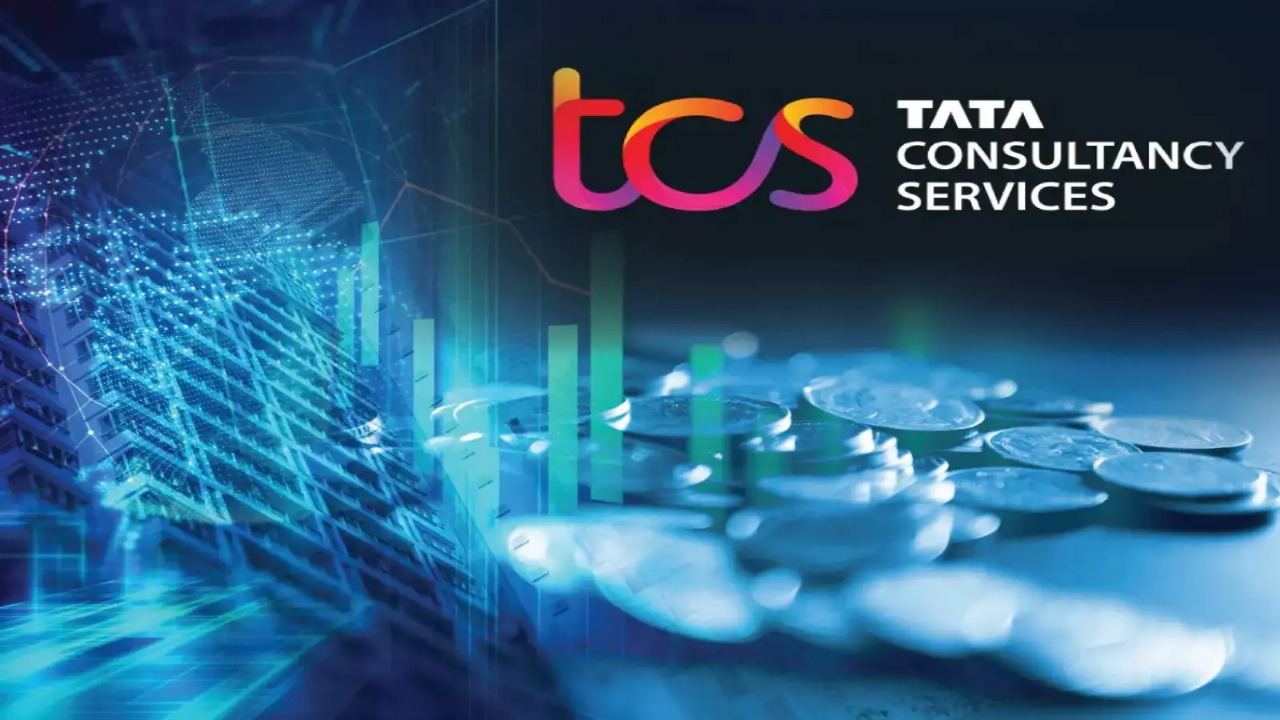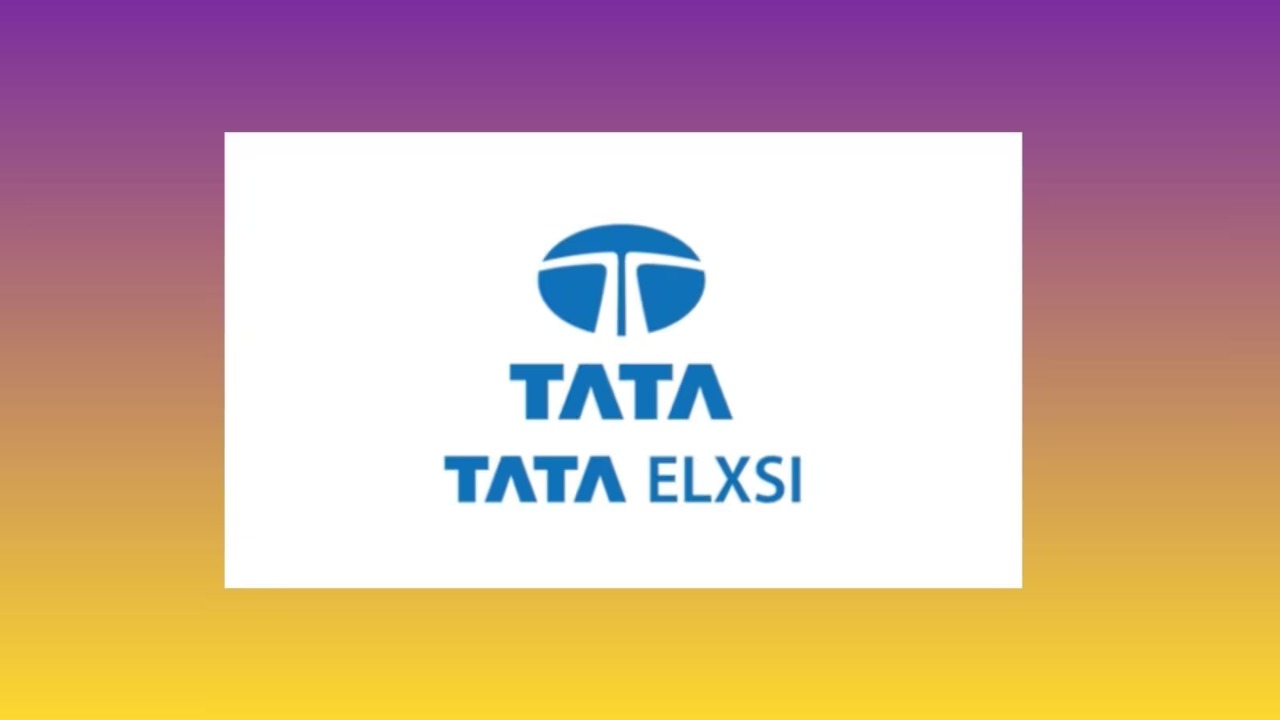Dish TV India Ltd is facing a fresh legal appeal from the Central GST and Excise Commissioner challenging a tribunal’s ruling that favored the company in a ₹42.19 crore CENVAT credit case involving Smart Cards supplied to Set Top Box manufacturers. The appeal could impact company finances.
Dish TV India Ltd has recently been informed of an appeal filed by the Commissioner of Central GST and Central Excise, Aurangabad, before the Bombay High Court (Aurangabad Bench). This is a challenge against the favorable decision delivered by the Customs, Excise and Service Tax Appellate Tribunal (CESTAT), Mumbai, on the company's claim of availing CENVAT Credit on Smart Cards.
The dispute stems from Dish TV supplying Smart Cards to Set Top Box manufacturers on a job work basis between January 2014 and June 2017. However, the Central GST and Service Tax Department in Aurangabad contested this, arguing that no actual job work was performed by these manufacturers and sought to disallow and recover the CENVAT Credit claimed by Dish TV under relevant rules and sections. Following an order in 2019 by the Commissioner upholding the demand, Dish TV appealed to the CESTAT, which ruled in favor of the company in February 2025.
Key developments include:
-
The Commissioner’s appeal filed on October 7, 2025, before the Bombay High Court seeks to overturn the CESTAT's decision.
-
The disputed amount involved in the litigation is approximately ₹42.19 crore.
-
Associated penalties under Section 78 and interest under Section 75 of the Finance Act, 1995 also form part of the financial implications.
-
The outcome of the appeal could have significant financial impact on Dish TV and influence stakeholder confidence.
This case underlines the ongoing complexities businesses face in tax credit claims and the regulatory scrutiny over classification and eligibility criteria in indirect tax matters. Dish TV, as a leading DTH service provider, continues to defend its position vigorously through judicial remedies, reflecting the stakes involved in ensuring compliance and protecting financial interests. The company’s strategic approach in tax litigation will be watched closely by investors and industry peers alike.
Sources: TipRanks, LiveLaw, Economic Times







